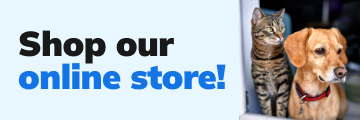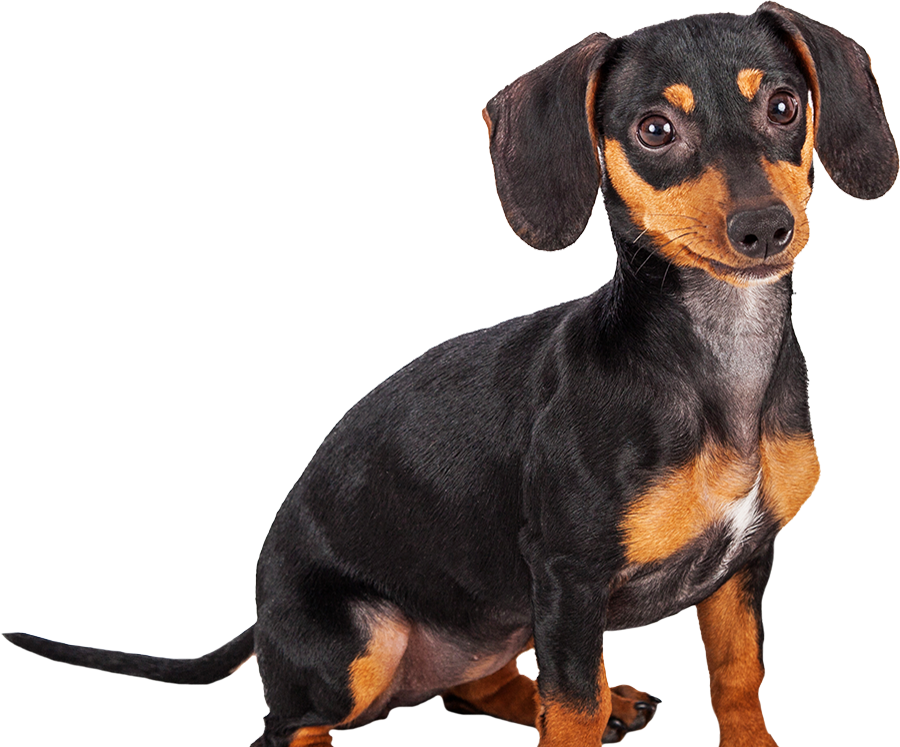
Full service veterinary medical facility located in Evansville, IN
After Hours
Emergency
All Pet Emergency Center, Evansville, IN
812-422-3300
Blue Pearl Emergency Center, Louisville, KY
502-244-3036
Nashville Veterinary Specialists, Clarksville, TN
931-551-2121
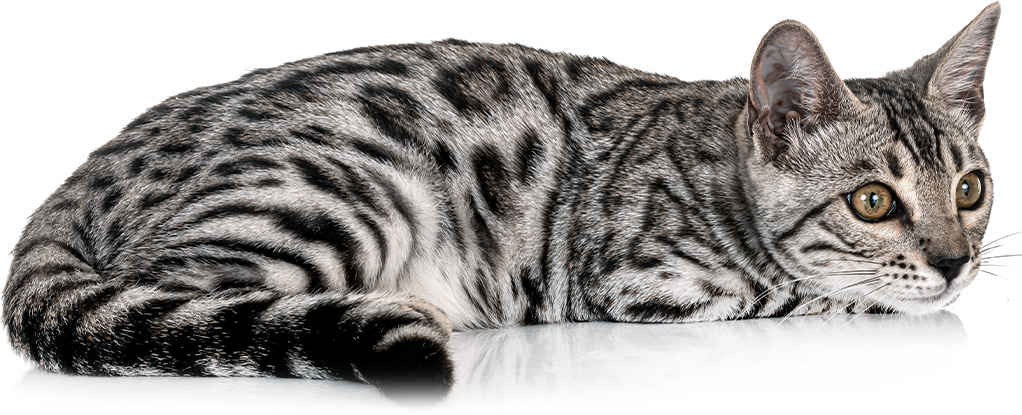
Partners with you in the health and care of your pet.
The St Joe Vets and staff want to be resources and partners in helping you make decisions on your pets healthcare. We know they are part of the family and they deserve care that fits their needs.
If you would like to discuss your pet's specific needs based on her breed, age, size, and lifestyle please request an appointment by using the link below and filling out the form!
Canine Rehabilitation and Water Therapy
Our goal in canine rehabilitation is to improve function and minimize pain for your canine companion. Working together are, Dr. Alice Wyatt, DVM, CCRP, Sarah Hammond, RVT, CCRVN, and Kelsie Linneweber, RVT, CCRP. Whether your pet just had orthopedic surgery, has a neurological disorder, is geriatric and slowing down, or anything else keeping your dog from living his or her best life, we can create a program specifically for your pet.
Continue Reading Established Client Schedule an Appointment New Client Appointment Request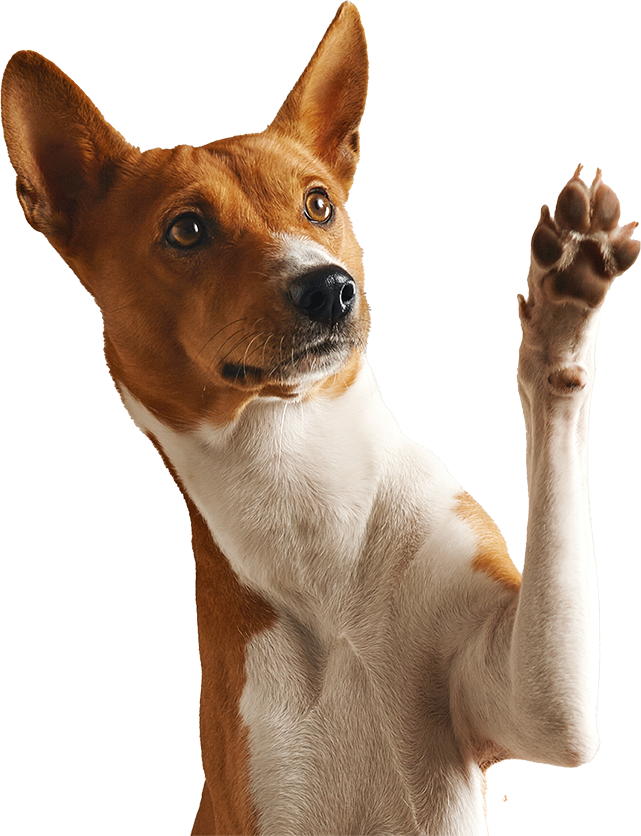

Telehealth for your pet
-
Having trouble getting an appointment that fits into your schedule?
-
Simple recheck or follow up for a previous visit?
-
Pet is overly stressed with office visits?
-
Not sure if your pet needs to be seen?
-
Telehealth consultation may be right for you!
A Wide Array of Services
Examination
Surgery
Post-Op Care
Dental Cleaning
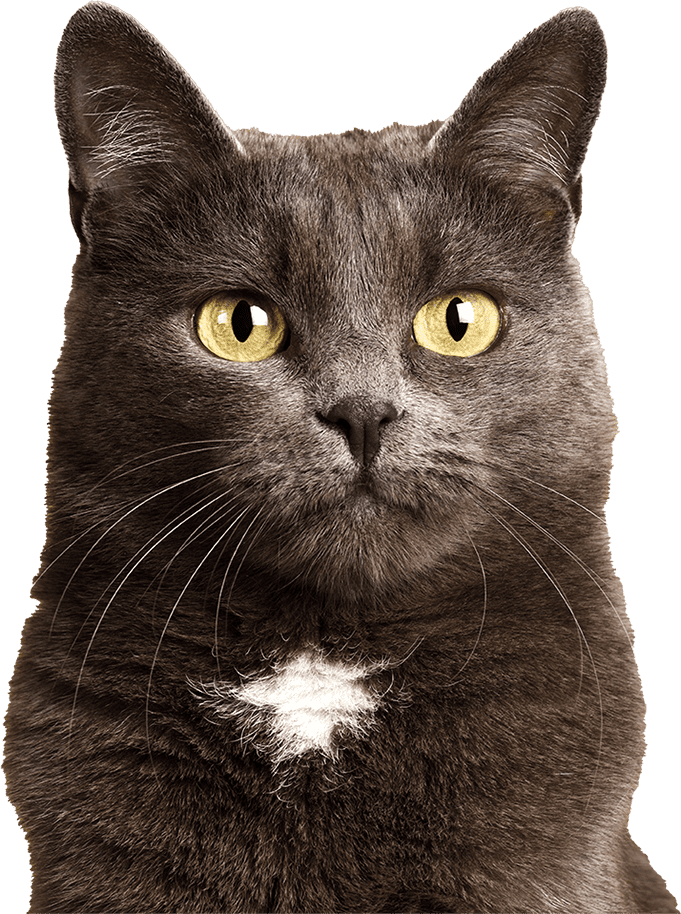
Post-Operative FAQ
-
What can be expected after my pet's surgical procedure?
Depending on the nature of the procedure, some pets may experience pain or lethargy after their surgery. To help combat this anticipated pain, your pet will receive an injection of an appropriate pain medication prior to the procedure. It is important to report all current medications and supplements to your nurse or doctor prior to the procedure, so your pet's anesthetic protocol can be tailored based on its needs. Most pets will also go home on an oral pain medication to help with post-operative pain.
-
When/What can I feed my pet after surgery?
Oftentimes pets will be nauseous after anesthesia. It is recommended to feed your pet half of a normal sized meal once arriving home. For example, if you feed 1 cup twice daily normally, we will recommend you feed ½ cup the evening of surgery. We also advise against letting pets drink a large bowl of water upon arriving home, as this may induce vomiting. Small frequent amounts are indicated the first day of recovery.
-
What do I need to do to my pet's incision to keep it healthy?
Leaving your pet's incision to heal naturally on its own is often best. We ask that you check it daily and let us know if you see any bleeding, discharge, swelling (you may see swelling of the incision the same day as the procedure; this is normal), or redness in or around the incision. There should be no need to bandage or apply any topicals to the incision unless directed to do so.
To aid in proper healing, a surgical incision should not be exposed to or submerged in water for 14 days postoperatively. This includes bathing and swimming. Exposing the incision to water too quickly can dissolve the adhesive/sutures prematurely, causing the incision to open. -
Will my pet need an Elizabethan collar (e-collar) after his procedure?
We don't want your pet to chew or lick its incision for at least 14 days after surgery. Licking or chewing the incision site can lead to the incision opening up, bleeding, and/or becoming infected. To combat the natural reaction of licking, oftentimes we will send your pet home in an e-collar. This is to keep your pet safe and healthy. You may only remove the e-collar during times when your pet is 100% under your supervision (eating, leash-walking, sitting on the couch with you). It is most important for the pet to wear his e-collar during the night and when you are not home - this is the time the pet will most-likely become bored and mess with the incision.
